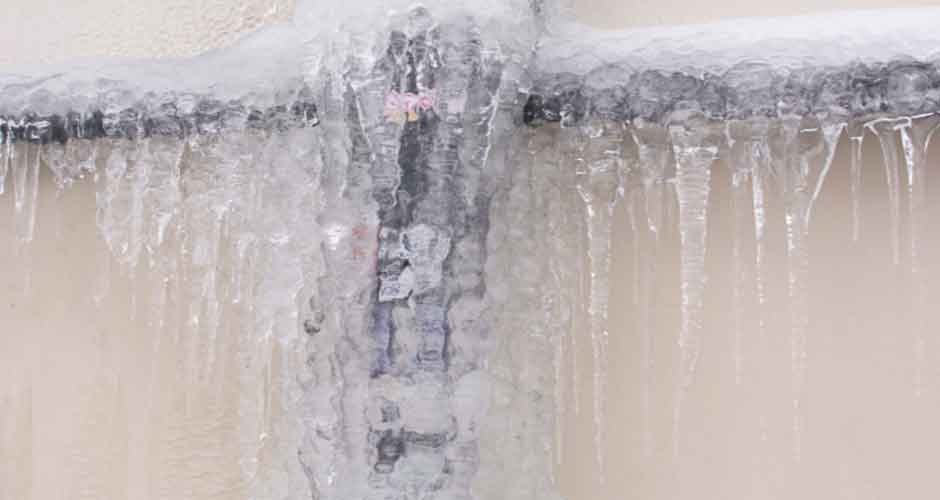The chill of winter can transform your home into a wonderland—complete with holiday cheer and snowy landscapes. However, the risk of pipes freezing comes with winter’s icy grip. The devastation of bursting pipes isn’t just a headache; it can lead to extensive damage that costs thousands to repair. Here, you’ll discover five practical and effective ways to keep your pipes in pristine condition and water flowing freely, even in the coldest of weather.
Insulate your exposed pipes.
Piping in unheated areas or near exterior walls is most susceptible to freezing. Insulation is your first line of defense. Wrapping these pipes with specially designed pipe insulation can significantly reduce heat loss and the chances of freezing them. This could be as simple as a trip to your local hardware store for foam rubber or fiberglass sleeves. Don’t forget to insulate any exposed valves and fittings, too.
Heat your home adequately.
Maintaining a consistent temperature in your home, particularly at night and when you’re away, is an excellent practice for more than just comfort—it’s vital to preventing frozen pipes. Ensure your heating system is functional and set to at least 55 degrees Fahrenheit, and open cabinet doors to allow heat to reach sinks and appliances near exterior walls.
Seal air leaks.
Cold air creeping into your home can significantly lower the indoor temperature. Identifying and sealing air leaks around windows, doors, and any areas where piping enters your home can help maintain a warmer environment and reduce the chance of your pipes reaching sub-freezing levels.
Utilize heat tape.
Electric heat tape can be a lifesaver for pipes at extreme freezing risk. It’s essential to use products designed specifically for this purpose and follow the manufacturer’s instructions carefully. Heat tape should only be a temporary solution until more permanent insulation measures can be taken.
Allow faucets to drip.
It’s an old trick that works wonders. Allowing faucets to drip slowly can relieve pressure and prevent pipes from freezing. Even a tiny trickle can make a significant difference. Focus on faucets connected to pipes running through unheated or exterior areas.
Winter may bring cold, but with these preventative measures, you can keep it from causing plumbing havoc in your home. Whether you’re a seasoned homeowner or just starting out, taking the time to safeguard your pipes from freezing is an investment in the comfort and stability of your home. Consult a professional plumber for additional tips or to address any plumbing concerns.






